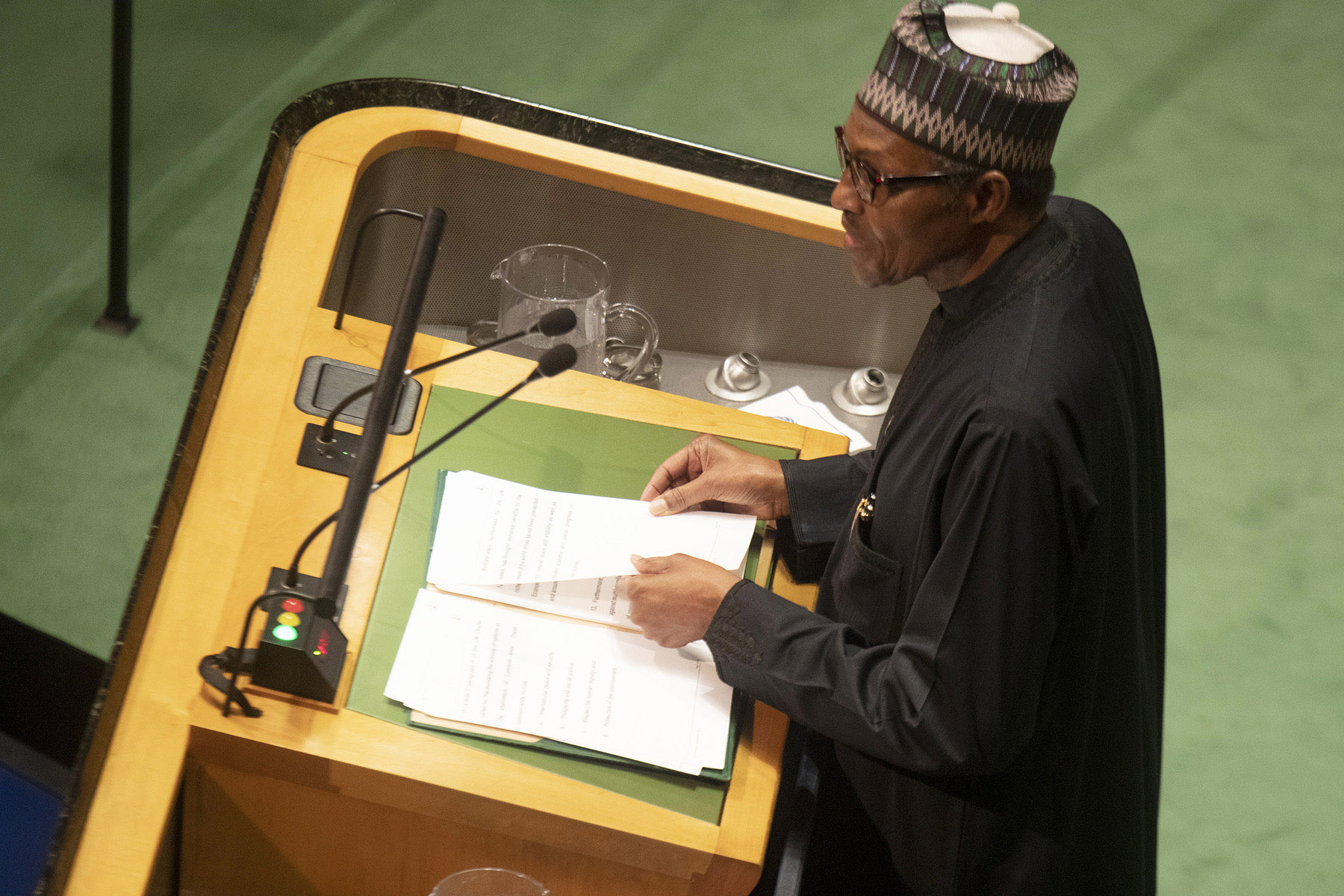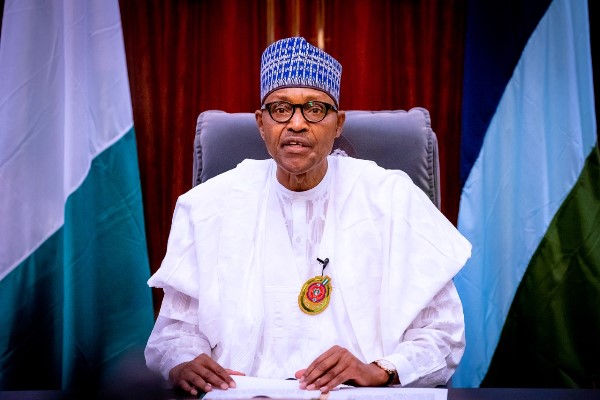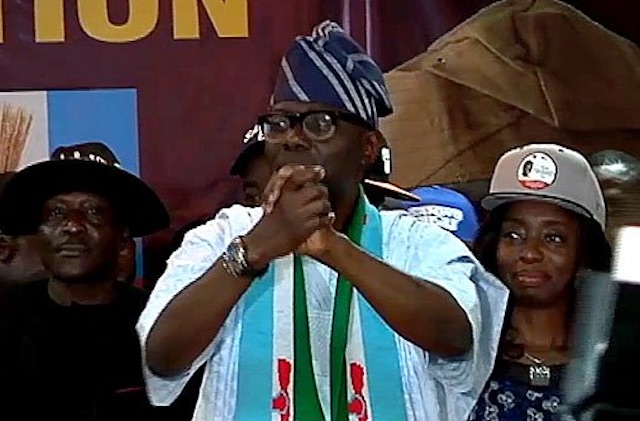
Tanko Mohammed
Dwindling fortunes in the oil sector undoubtedly made 2020 one of the most difficult years in Nigeria, a West African country that has resolved to explore solid minerals and agriculture as saving grace in 2021.
The nation is also gruelling in 2020 as Coronavirus pandemic grips the globe, necessitating lockdowns, border closure and restricting movement of persons, goods and services for months unless under special circumstances.
The restrictions affected many sectors of the Nigerian economy; one of the worst hit is the oil industry which fuels mobility of mankind and businesses across the globe.
With a sharp drop in air and land movement, the demand for Jet A1 (Aviation fuel) ,Diesel and Premium Motor Spirit (PMS) also known as petrol declined drastically.
Also, during the period, there was an oil price war which further led to a crash in the price of crude oil at the international market. This also affected the revenue of Nigeria which is largely dependent on crude oil to sustain its economy; and sustain its 200 million people. It is not a surprise that the country has gone into recession.
The Minister of State for Petroleum Resources, Mr Timipre Sylva, says that with the current second wave of the pandemic, the situation may not change and could be more serious in the coming months.
Among other things, the 2020 initial budget oil benchmark price of $57 was reduced to $28 in tune with vagaries of the global oil market.
As the dearth of revenue become more precarious, Mr Mele Kyari, Group Managing Director, Nigerian National Petroleum Corporation (NNPC), in April 2020, announced that the federal government would no longer subsidise petroleum products as part of strategies to save cost of governance.
Although the move was opposed by Organised Labour, the government stuck to the decision which it says can save the country one trillion naira annually to be deployed to other critical sectors of the economy.
Mr Tunji Oyebanji, Chairman, Major Oil Marketers Association of Nigeria (MOMAN) and Mr Chinedu Okoronkwo, President, Independent Petroleum Marketers Association of Nigeria (IPMAN) belief that the removal of subsidy is in the interest of the country.
They say it will open up the sector for Foreign Direct Investment (FDI) which will be beneficial to Nigerians in the long term.
The decision has caused the pump price of petrol which was N145 per litre in January 2020 to rise to between N164 to N172.
Dipping oil revenues and the spike in COVID-19 pandemic have combined to accentuate the need for Nigeria to see oil as no longer too important in revenue generation and sustaining the economy.
Nigeria has therefore resolved to intensify the exploitation of solid minerals and agriculture as a sure alternative.
This is more so because from the north to the south, there is hardly any state in Nigeria that does not have solid minerals in commercial quantities and potential in boosting agriculture.
Nigerian mining roadmap shows that Nigeria has 568 trillion tonnes of proven reserves of limestone, and a potential total reserve of 2.3 trillion tonnes, yet only 11 million tonnes are quarried annually and also very rich in uranium and gold.
Seven of these minerals – coal, iron ore, bitumen, gold, limestone, lead-zinc and barite, have been designated strategic to unlock the enormous potential in the sector
Early in the year, President Muhammadu Buhari launched the Presidential Artisanal Gold Mining Development Initiative with the possibility of generating 250,000 jobs and more than 500 million dollars in taxes and royalties if vigorously pursued.
The initiative would foster the formalisation and integration of artisanal gold mining activities into the nation’s legal, economic and institutional framework.
Minister of Mines and Steel Development, Mr Olamilekan Adegbite, affirmed that Nigeria’s mining sector was on track to reach its goal of 5 per cent GDP contribution in the next five years, beginning from 2021.
The minister confirmed that Nigeria is endowed with more than 44 different mineral types occurring in more than 500 locations across the 36 states and the Abuja.
“Alongside the seven strategic minerals, the ministry is also looking into key minerals to fuel the future. These include metals such as titanium, tungsten, lithium and cobalt, which have various applications in futuristic industries such as aerospace, telecoms and electric vehicle manufacturing,,’’ he said.
Mr Ayoola Olukanni, Director-General, Nigerian Association of Chambers of Commerce, Industry, Mines and Agriculture (NACCIMA), on December 29, 2020 reported that for the full exploitation of mining there should be a joint effort of all levels of governments and the private sector.
President Muhammadu Buhari on December 29, 2020 reported that agriculture would restore Nigeria’s economy, and that his administration would keep an eye on food inflation in 2021.
Buhari at the fifth regular meeting of the Presidential Economic Advisory Council, ordered the Central Bank of Nigeria (CBN) to stop giving money for food importation. The policy would spur more domestic production and reduce dependence on foreign reserves.
“The CBN must not give money to import food. Already about seven states are producing all the rice we need. We must eat what we produce,” he said.
“Going back to the land is the way out. We depend on petrol at the expense of agriculture. Now the oil industry is in turmoil. We are being squeezed to produce at 1.5 million barrels a day as against a capacity to produce 2.3 million. At the same time, the technical cost of our production per barrel is high, compared to the Middle East production,” he said.
“We will continue to encourage our people to go back to the land. Our elite are indoctrinated in the idea that we are rich in oil, leaving the land for the city for oil riches. We are back to the land now.
“We must not lose the opportunity to make life easier for our people. Imagine what would have happened if we didn’t encourage agriculture and closed the borders. We would have been in trouble.”














